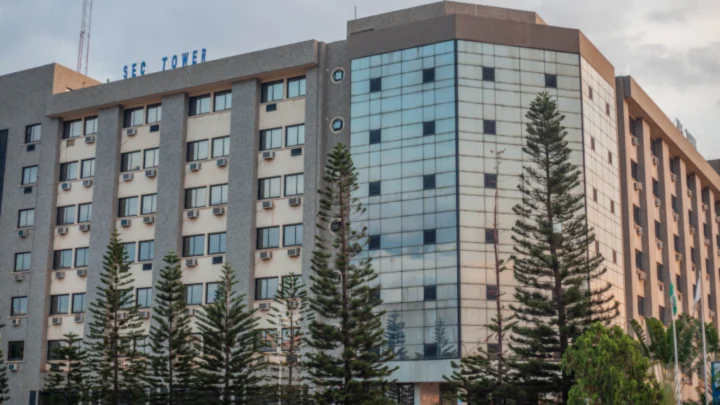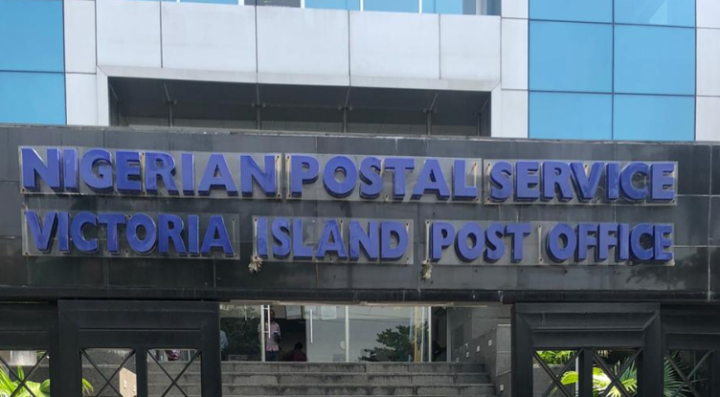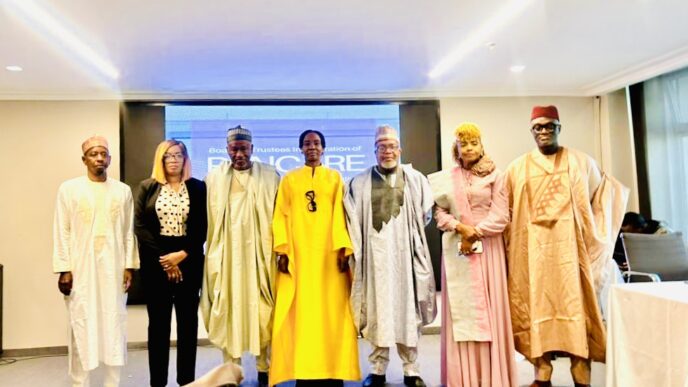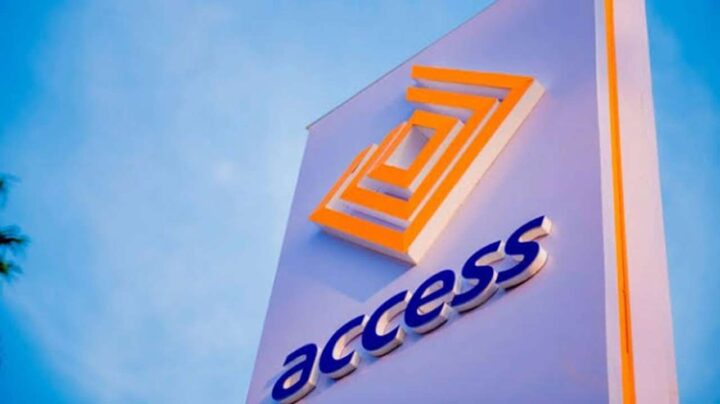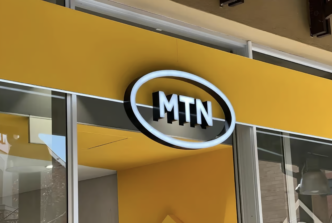The Securities and Exchange Commission (SEC) has partnered with the Central Bank of Nigeria (CBN) and the Economic and Financial Crimes Commission (EFCC) to track and freeze illicit digital wallets used for money laundering and other financial crimes.
Emomotimi Agama, the director-general (DG) of the SEC, spoke while addressing participants at the Abuja Journalists Academy on digital and asset regulation.
Agama was represented by Efe Ebelo, head of the SEC’s external relations department.
He said the partnership marks a major step in protecting investors and strengthening integrity in Nigeria’s fast-growing digital finance ecosystem.
Advertisement
According to Agama, Nigeria’s high adoption of digital assets reflects the country’s creative youth, mobile technology penetration, and pursuit of financial inclusion.
The SEC DG cautioned, however, that the rapid growth of digital assets has also enabled abuse, citing threats like crypto scams, fake wallet apps, phishing, and ransomware that have defrauded many Nigerians.
“Without strong regulation, innovation can quickly become vulnerability,” he said.
Advertisement
“Regulation is not about restriction; it is about building trust and ensuring that innovation strengthens our economy rather than weakens it.”
The director-general noted that the SEC has established a regulatory framework for virtual asset service providers (VASPs) based on licensing, compliance, and transparency to address digital asset challenges.
Agama further said the commission is committed to building a transparent and trustworthy digital asset market through regulations and modern technology to protect investors and prevent criminal activities.
“We are leveraging blockchain analytics, AI, and advanced monitoring systems to strengthen our supervisory capacity,” he explained.
Advertisement
“This will help us respond faster to suspicious transactions and protect market integrity.”
The DG said Nigeria’s regulatory approach aligns with global standards, with the Financial Action Task Force (FATF) requiring VASPs to implement AML/CFT controls, similar to frameworks in the European Union and enforcement in the United States.
“If regulators clamp down too hard, innovation migrates offshore; if they regulate too softly, risks multiply,” he said.
“Our task is to find the right balance, one that encourages creativity while protecting Nigerians from exploitation.”
Advertisement
Agama emphasised that digital assets are a structural pillar of modern finance, stressing the need for ethical, transparent, and trustworthy regulation to preserve trust.
He asked Nigerian innovators and investors to adopt responsible innovation, assuring them of a secure environment for financial inclusion, investor protection, and national development.
Advertisement
The commission, on October 26, said Nigeria’s cryptocurrency market has recorded $50 billion in transactions between July 2023 and June 2024.
Advertisement
